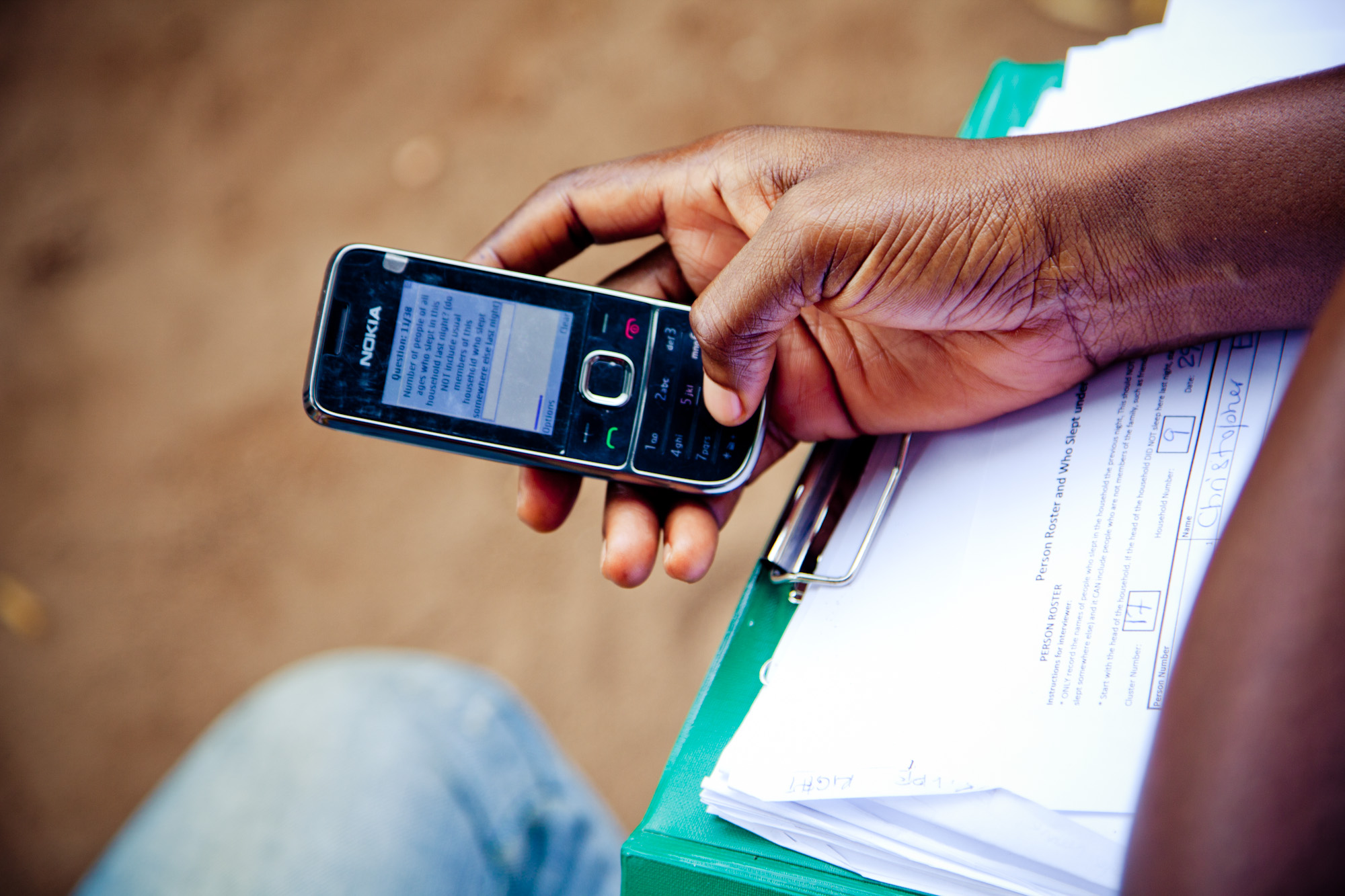Our Services
The Collective Service is bolstering the capacity of governments and partners to prioritize, structure and coordinate their work—ensuring a lasting impact. Community capacities, knowledge, feedback and insights inform decision-making at every step of the response, improving both the quality and the consistency of risk communication and community engagement.

COORDINATION
The Collective Service provides coordination expertise that help partners and responders make the most of existing resources, enhance collaboration and tap into needed support when engaging and communicating with communities before, during and after crises.
Through its coordination team, the Collective Service brings partners together and build and promote collective efforts that help communities better prepare and engage in crises and emergencies response. Through adaptable tools and guidance, dedicated mentoring, ad-hoc technical support and evidence-based practices and knowledge, we provide assistance and develop and enhance capacity for responders to be able to engage communities more effectively, inclusively and collaboratively.
SOCIAL SCIENCE
It can for example contribute to a better understanding of people’s ability to put protective measures into practice, the local perceptions of the disease, the acceptance of public health and social measures, trust in public authorities or how traditional beliefs and social norms impact on healthcare seeking behaviour.
Community engagement and participation in the development and implementation of research and data collection processes is essential, for example to define locally appropriate research questions and to generate meaningful evidence which can support advocacy and decision-making processes.


INFORMATION MANAGEMENT
The Collective Service provides the Information Management Service to strengthen evidence generation, which helps RCCE programme design and informs the decision making process at global, regional and country level.
The Information Management Service is supporting RCCE activities through improving data collection and collation, creating data management standards, data analysis, and supporting the dissemination of information. The IM team provides technical guidance, design and implementation support, and training to strengthen existing information systems or develop responsive solutions for RCCE partners at country or regional levels.
The team works with direct support from global and regional teams, and outsourced technical support with service providers or IM stand-by partnerships.

